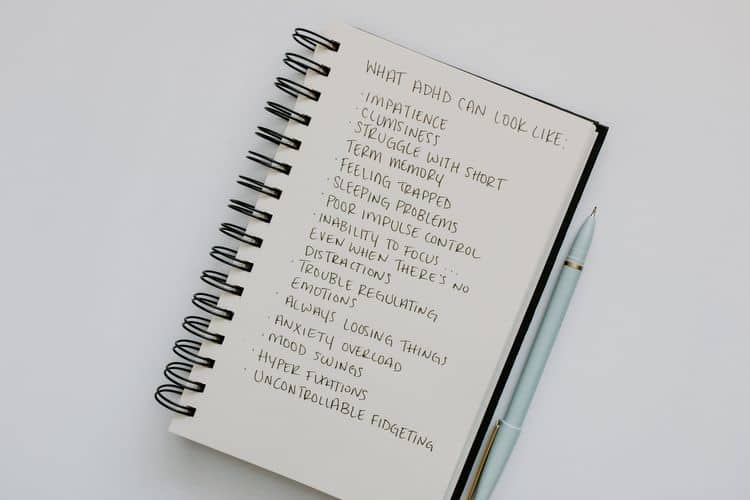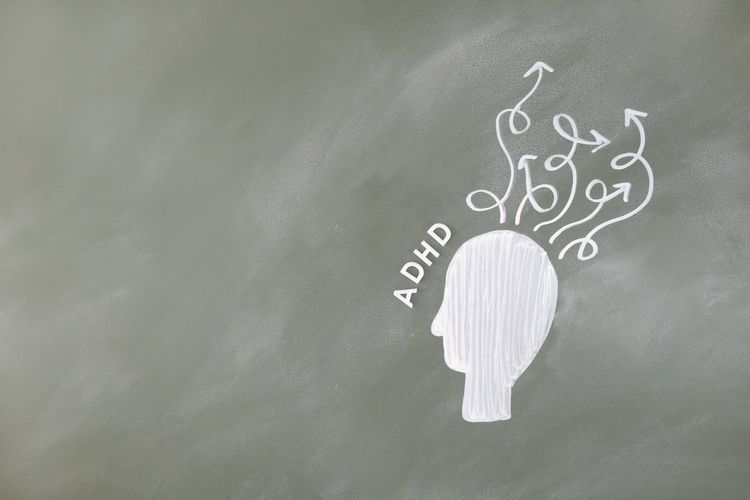Attention Deficit Hyperactivity Disorder (ADHD) is a neurodevelopmental disorder commonly diagnosed during childhood. Children with ADHD may have difficulty paying attention, regulating impulsive behaviors or be overly active. ADHD often lasts into adulthood.
ADHD symptoms may worsen during teenage years due to hormonal changes and pressure experienced at school and in social settings. This can harm a teen’s grades, relationships and mental well-being.
Luckily, there are many treatment options available to help teens with ADHD. But the first step is knowing the signs and symptoms of ADHD in teens.
Related Article: Is ADHD a Learning Disability?
ADHD in Teens
ADHD manifests differently in teens than in adults, meaning many parents fail to recognize signs of ADHD in their teenagers. However, ADHD may be more common than most people think. According to the Centers for Disease Control and Prevention (CDC), 9.4 percent of children in the U.S. between ages 2 and 17 have been diagnosed with ADHD.
Symptoms of ADHD in teens are similar to those of ADHD in children and can include:
- Getting easily distracted
- Disorganization and forgetfulness
- Poor concentration
- Hyperactivity
- Impulsivity & poor decision making
Day to day, these symptoms may cause your teen to forget assignments, lose homework or textbooks, have difficulty concentrating in class and/or become bored with school.
Some teens with hyperactivity may become disruptive in class and may interrupt classmates or teachers by speaking before their turn. Sitting still may be difficult for some teens with ADHD, leading to fidgeting or an urge to get up and leave class.
One of the biggest challenges for teens with ADHD is focusing on lessons or assignments. When teens have difficulty focusing on the task at hand due to ADHD, they may rush through assignments, leading to lower grades. The same adverse effects may occur in extracurricular activities and peer groups where teens with ADHD have difficulty concentrating on the situation taking place.
ADHD can also weaken the executive functions that help regulate behavior, goal setting, balancing responsibilities, and being independent. Executive dysfunction can negatively impact the following brain functions:
- Response inhibition
- Memory
- Controlling emotions
- Maintaining attention
- Organization and planning
- Time management and prioritizing tasks
- Persistence in following through with tasks
- Metacognition (self-awareness)
If left untreated, ADHD can negatively impact a teen’s life into adulthood. If you notice any signs of ADHD in your teen, speaking to a registered psychiatrist or therapist is a good first step toward getting them the help they need.

ADHD Coping Skills
There are many types of ADHD treatment for teens available to help manage symptoms. For some, behavioral therapy alone may be enough to help curb negative symptoms of ADHD.
Behavioral Therapy and Coping Strategies
Cognitive-behavioral therapy for ADHD involves assessing thought patterns and behaviors associated with ADHD and developing strategies to mitigate them. Behavioral therapy can help teens with ADHD develop the following coping strategies:
- Relaxation techniques
- Problem-solving skills
- Regulating emotions and practicing empathy
- Organization and planning skills
- Navigating their distractions
- Developing adaptive thinking skills
- Reducing procrastination tendencies
Behavioral therapy often requires a personalized approach. During cognitive-behavioral therapy, the patient and doctor will discuss the patient’s concerns and develop personalized coping strategies best suited to the patient.
For example, a teen with ADHD may have difficulty getting started on their homework due to lack of focus or feeling overwhelmed. A behavioral therapist might suggest breaking the homework into smaller tasks to make the workload more manageable for them.
Medication
Medication can be a significant help to those with ADHD. The National Institute of Mental Health reports that around 80% of people who needed medication for ADHD as children still need medication in their teen years.
An ADHD specialist might prescribe stimulant medications to help teens feel more alert and able to focus at school.
Examples of stimulant medications include:
- Dexmethylphenidate (Focalin, Focalin XR)
- Dextroamphetamine (Adderall, Adderall XR)
- Lisdexamfetamine (Vyvanse)
- Methylphenidate (Concerta, Quillivant XR, Ritalin)
Stimulant medications can lead to anxiety, insomnia, and irritability in some teens. If this is the case, non-stimulant medications such as atomoxetine (Strattera) or clonidine (Kapvay) may be a better option.
Takeaway
ADHD can make it difficult for teens to thrive in educational and social settings. They may have difficulty focusing on tasks or procrastinate to the point where it negatively impacts their daily lives.
Consulting a therapist about your teen’s ADHD can help you and your teen better understand what they are going through. With the use of behavioral therapy and medication if needed, your teen can learn the skills they need to help their ADHD symptoms and improve their quality of life.



